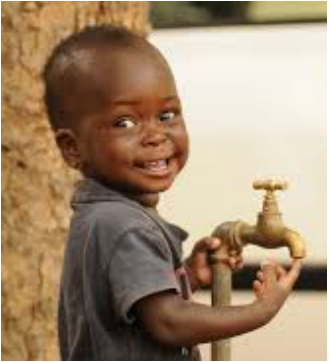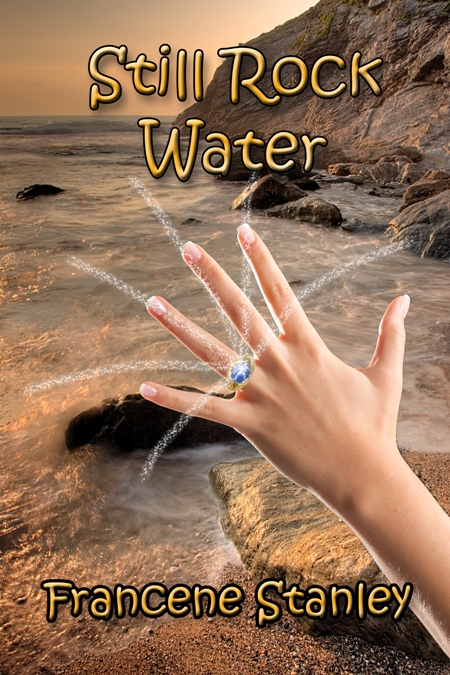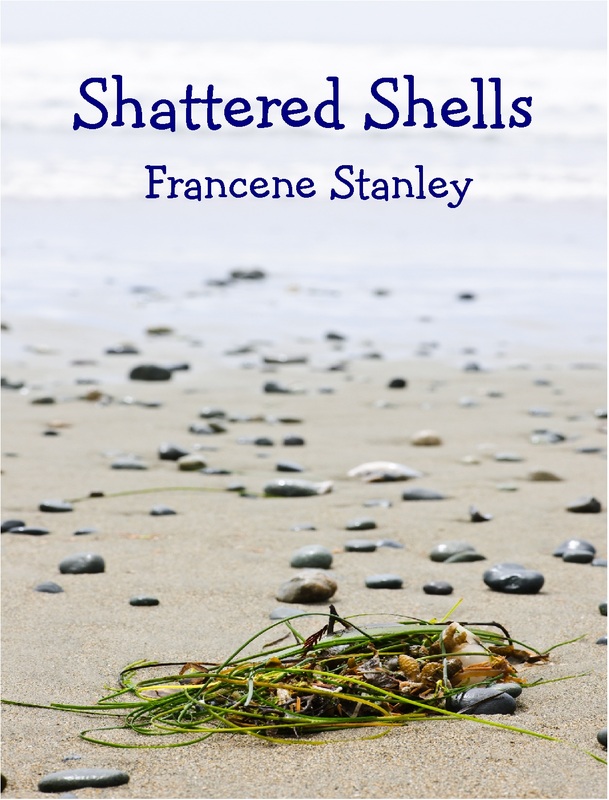So, way back then, people knew about inequality, but not how to help.
I gave my own children the same message in the 70s. Every Friday, our regular evening meal consisted of home-made, nutritious vegetable soup. I'd stress how we should think of other people in the world who had so much less than we did. Nobody was impressed. After much wheedling from the men of the house, I consented to add home-made sausage rolls as an accompaniment. I used Grandmother Brown's recipe for the pastry and rolled loose sausage meat inside. I must admit, the dish turned out very well and it became a firm favourite.
But society has progressed beyond thinking about the poor, to doing something about it.
 www.wikipedia.org
www.wikipedia.org UNICEF provides high-impact health and nutrition interventions to reduce the number of neonatal and young child deaths from preventable and easily treatable causes. The organizational body also increases access to improved water and sanitation, and responds rapidly to emergencies.
The report says that 16,000 children under the age of five still die every day, almost half linked to malnutrition. Many become victims of preventable illnesses such as pneumonia, diarrhoea or malaria.
The document names the greatest risk to be during the first few days after birth. 45% of all deaths occur before the child is a month old.
Those born in sub-Saharan Africa have a 1-in-12 chance of dying before their fifth birthday.
In wealthy nations the risk is 1-in-147. Source: BBC.
Why do we still have this stark inequality of life chances for the world's children?
If only we could all help these suffering children. My husband and I are struggling financially, but I'd go without a meal if I thought I could save one baby. We are lucky enough to live in a caring society who look after their elders and protect the young.
I can't help wondering why wealthy nations go on designing robots that can seek and destroy human targets, when other countries struggle to find the food to feed their population.
'The greatest among you is the servant of all.'
Society has moved on since the 40s. Now we know how to help ease the suffering of the little children.
Let's hope that with donations from ordinary people like you and me, combined with the organizational skills of WHO & UNICEF, the child mortality rate will fall further.
I count myself lucky to have been raised, and to have raised my own children, in an environment that nurtured them mentally and physically. How about you?





 RSS Feed
RSS Feed
